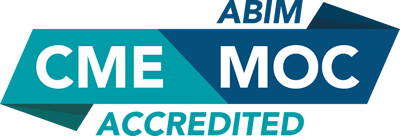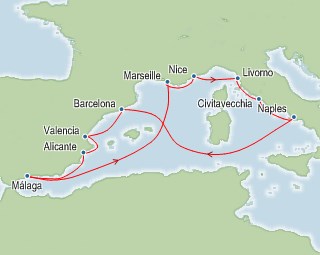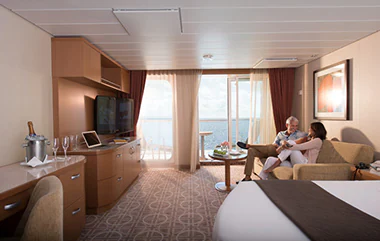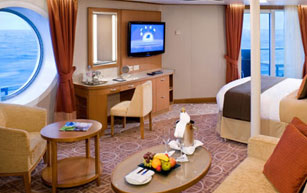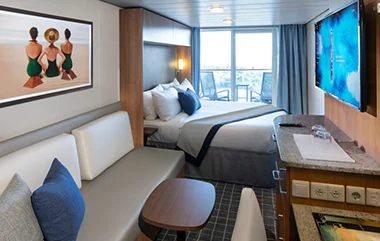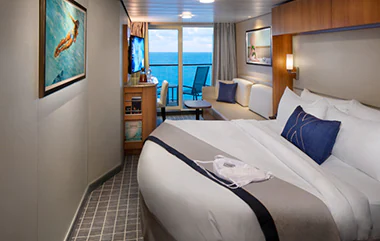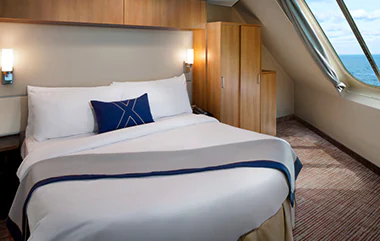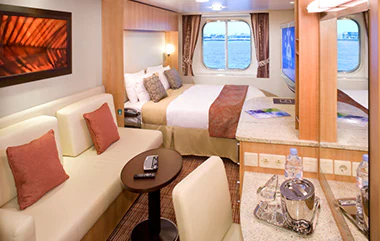
COURSE CREDITS & HOURS
AMA PRA Category 1 Credits™14 ACPE Credits
14.0 (part II) MOC points in medical knowledge in the American Board of Internal Medicine's (ABIM) Maintenance of Certification (MOC) program
COURSE FEES
TARGET AUDIENCE
PROGRAM PURPOSE
- Atopic Dermatitis
- Diagnose this common skin disorder and understand the important allergic and nonallergic aspects.
- Urticaria
- Identifying the many different causes of urticaria can be challenging.
- Angioedema
- Managing patients with angioedema requires the identification of benign or life-threatening types.
- Food Allergy
- Appreciating the new revelations in the immunologic mechanisms has led to the concepts of prevention and desensitization.
- Drug Allergy
- Gaining knowledge of the complex nature of drug allergies is essential to providing the patient with information about their reaction.
- Indoor Allergies
- Appreciating that indoor allergen sources can create problems for respiratory and cutaneous allergy sufferers.
- Rhinosinusitis
- Describing rhinosinusitis as acute and chronic is important in diagnosing and treating this common disorde.r
- Diagnosis, Prevention and Management of Acute Kidney Injury
- Explain the new definition of Acute Kidney Injury (AKI), and describe the short and long term complications of patients that experience AKI.
- Review the strategies used to prevent AKI in specific clinical situations : IV contrast, general surgery, gadolinium exposure.
- Discuss individual agents and the risk and unique types of AKI associated with NSAIDs, antibiotics and chemotherapeutic drugs.
- Management of Chronic Kidney Disease
- Discuss the new definition of chronic kidney disease (CKD) with specific emphasis on the measurement and important role of microalbuminuria.
- Describe the complications of CKD and the treatment guidelines for the management of Hypertension, Hyperlipidemia, Anemia, Acidosis and Hyperparathyroidism.
- Hypertension update 2018
- Describe the new ACC/AHA guidelines for the diagnosis and treatment of HTN.
- Discuss the specific guidelines for the treatment of hypertension in patients with renal disease.
- Review the clinical criteria for the recognition of secondary hypertension and the new treatments of resistant hypertension.
- Evaluation and Prevention of Kidney Stones
- Define the epidemiology and clinical impact of kidney stone disease in the U.S.
- Describe the different types of kidney stones and the pathophysiologic causes of each type of stone.
- Review the surgical and medical treatment options available for each type of stone disease and the strategies to prevent future stone recurrence.
- Kidney Transplantation for the Primary Care physician
- Describe the current status of the renal transplant program in the U.S. from the standpoint of patient outcomes, governmental regulation, organ donation policy and economic coverage.
- Define the basic immunosuppression used and the side effects of individual agents. Discuss the common medical complications in transplant recipients seen in the primary care setting.
- Current Concepts and Treatment of Hyponatremia
- Establish the definition and physiologic consequences of hyponatremia.
- Review the different causes of hyponatremia and the workup required to establish a correct diagnosis.
- Define the role of hypertonic saline and the use of vaptans in the treatment of acute and chronic hyponatremia.
- Describe the entity called osmotic demyelinating syndrome and its relationship to the treatment of hyponatremia.
- Herbal Supplements and the Kidney
- Review the governmental policies regulating the distribution and labeling of herbal therapy in the U.S.
- Discuss the potential risks of heavy metal toxicity, nephrotoxicity and electrolyte abnormalities associated with individual types of herbal therapy.
- Outline the potential interaction of herbal therapy with prescription medication and how to avoid these potential complications.














